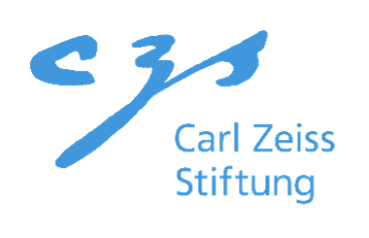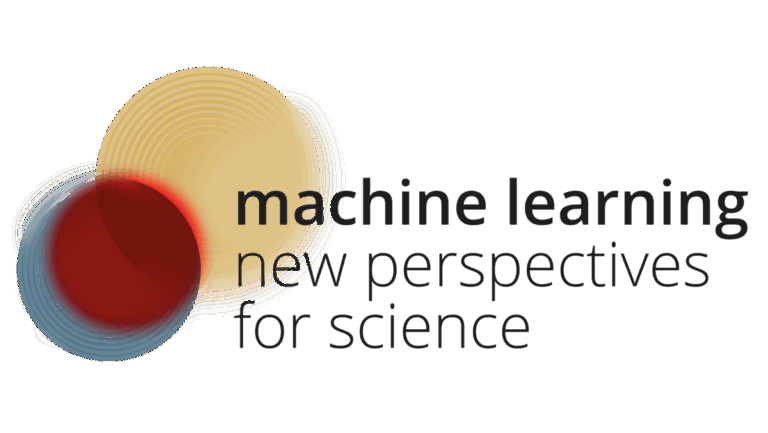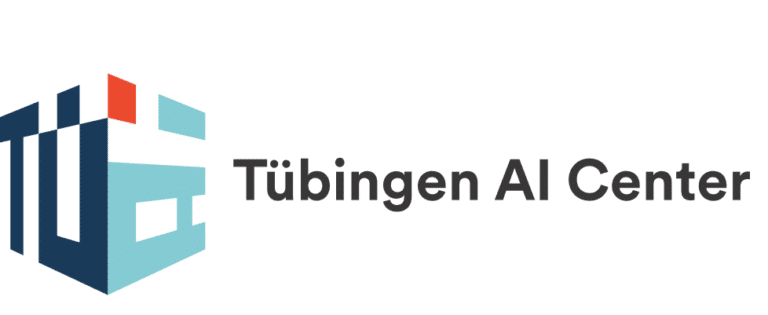Tübingen Conference for AI and Law
- Home
- Tübingen Conference for AI and Law
Tübingen Conference for AI and Law
IMPORTANT
This event is a past event and currently shown for archival purposes.
Impressions
Photographer: Elia Schmid
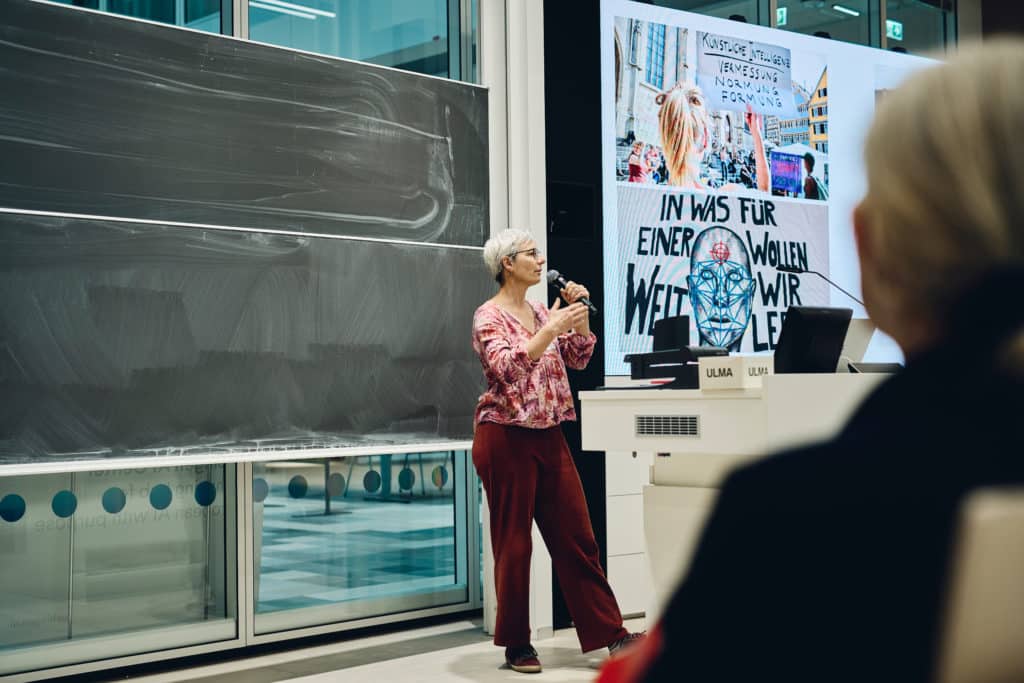
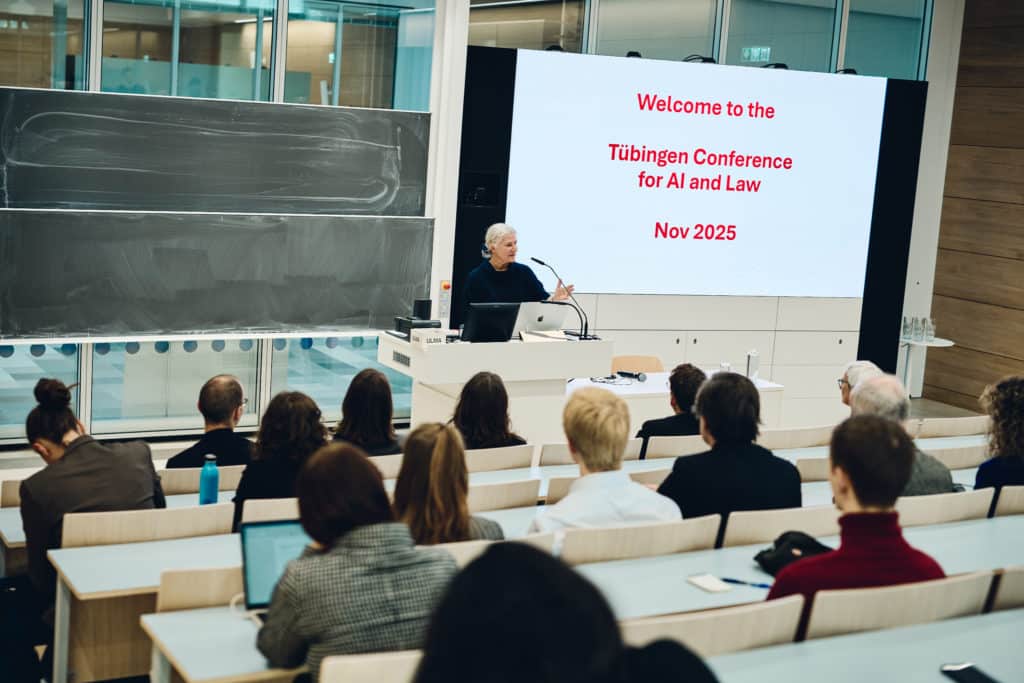

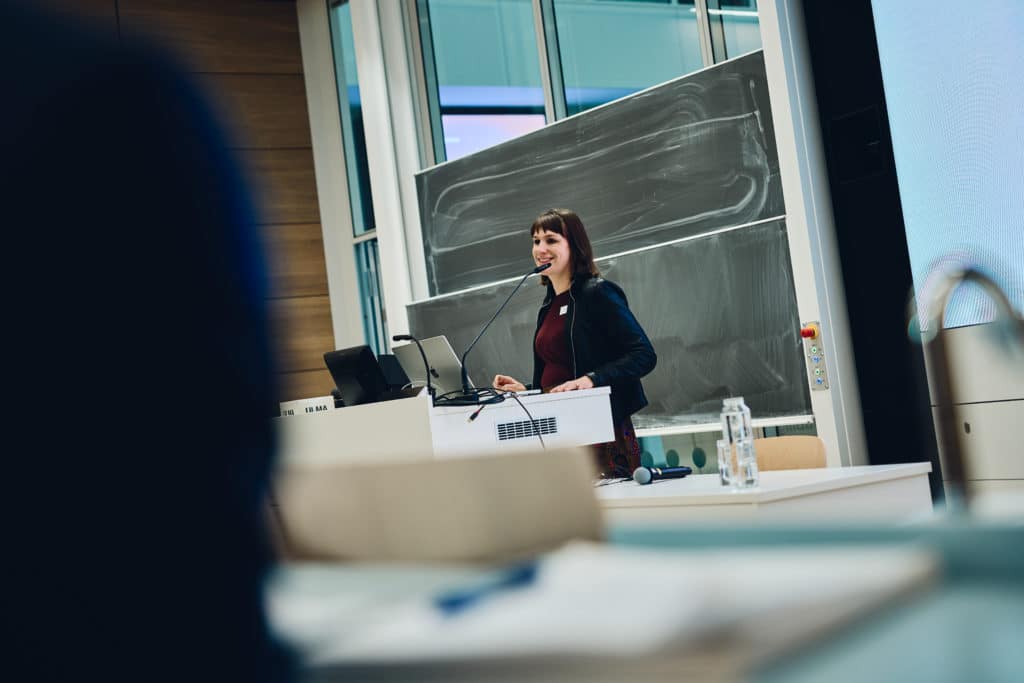
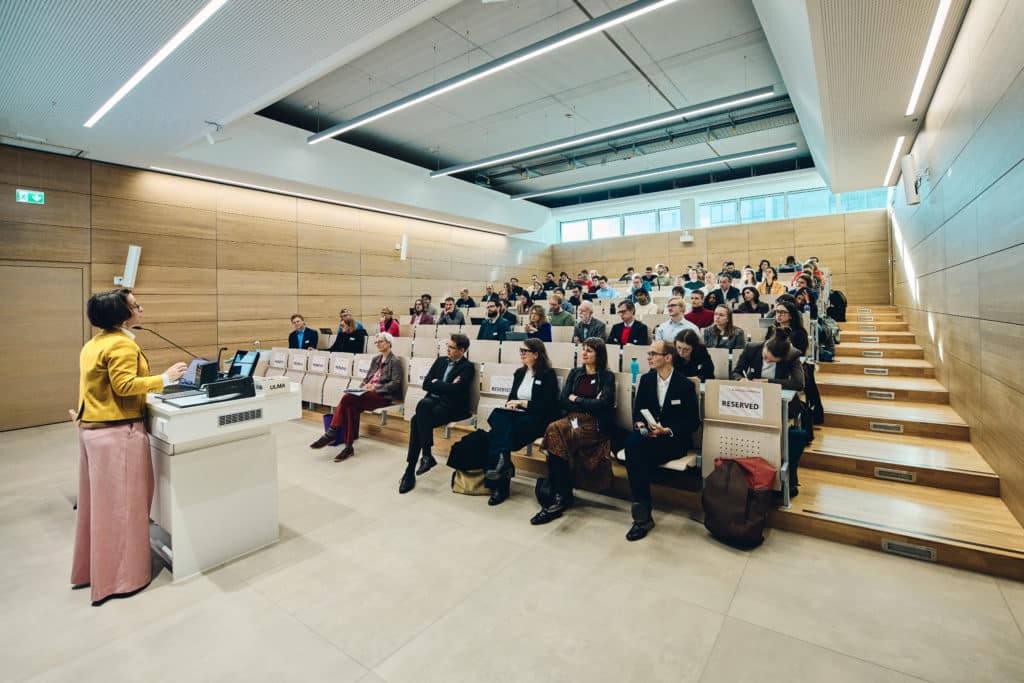

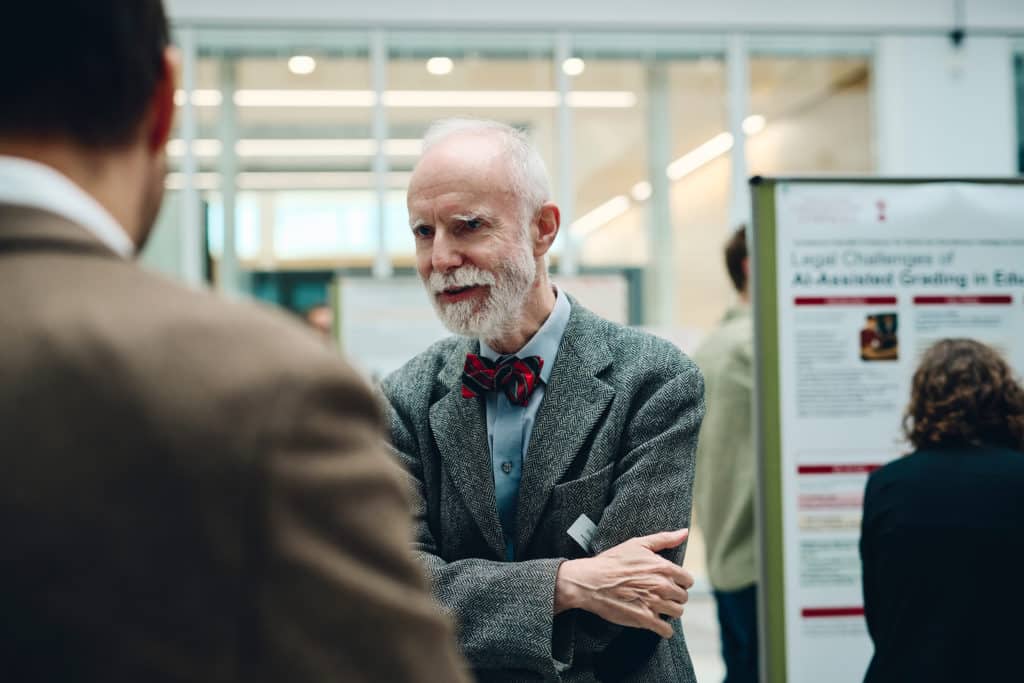
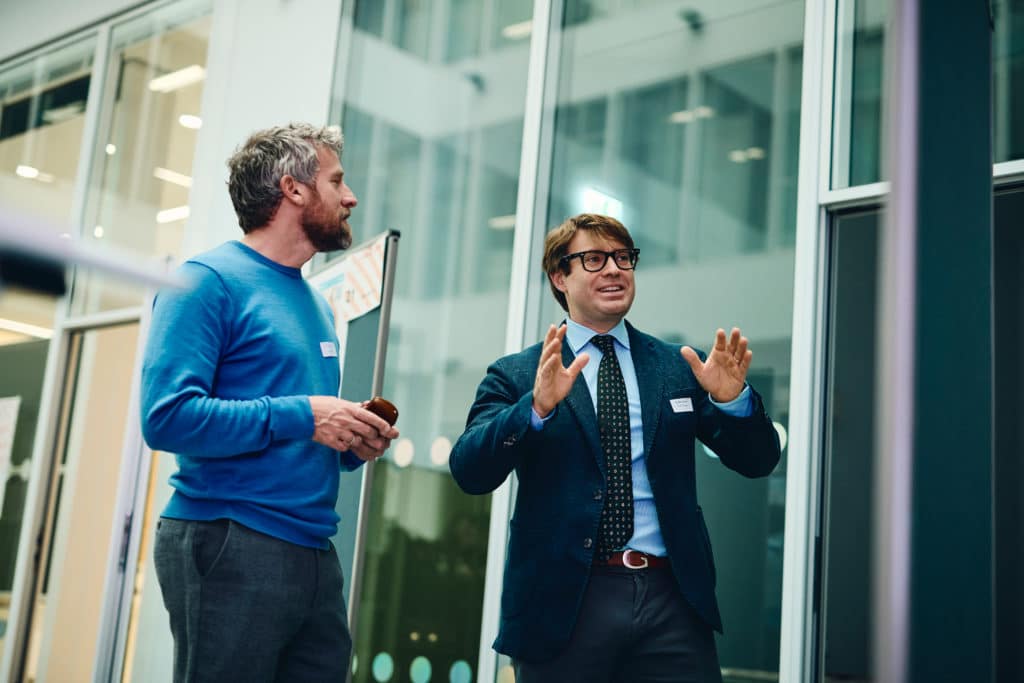
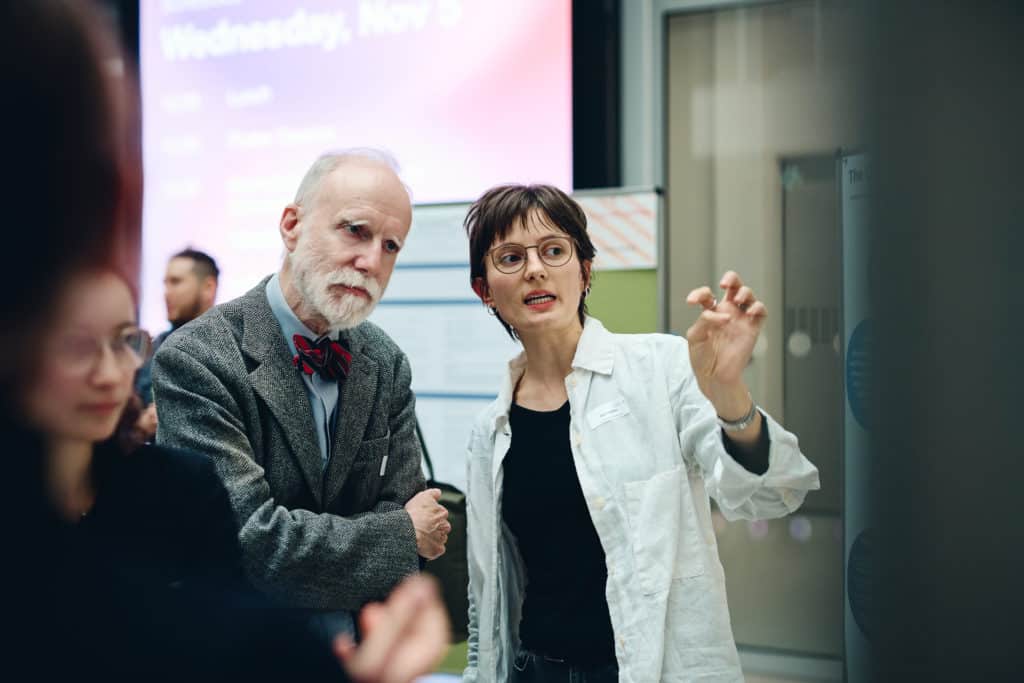
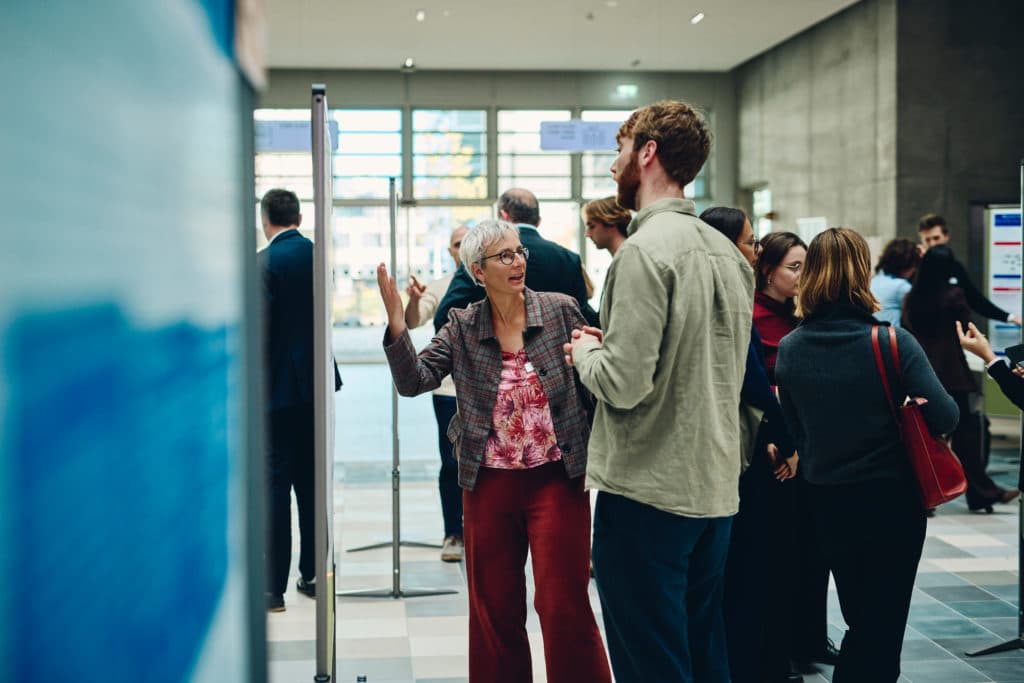
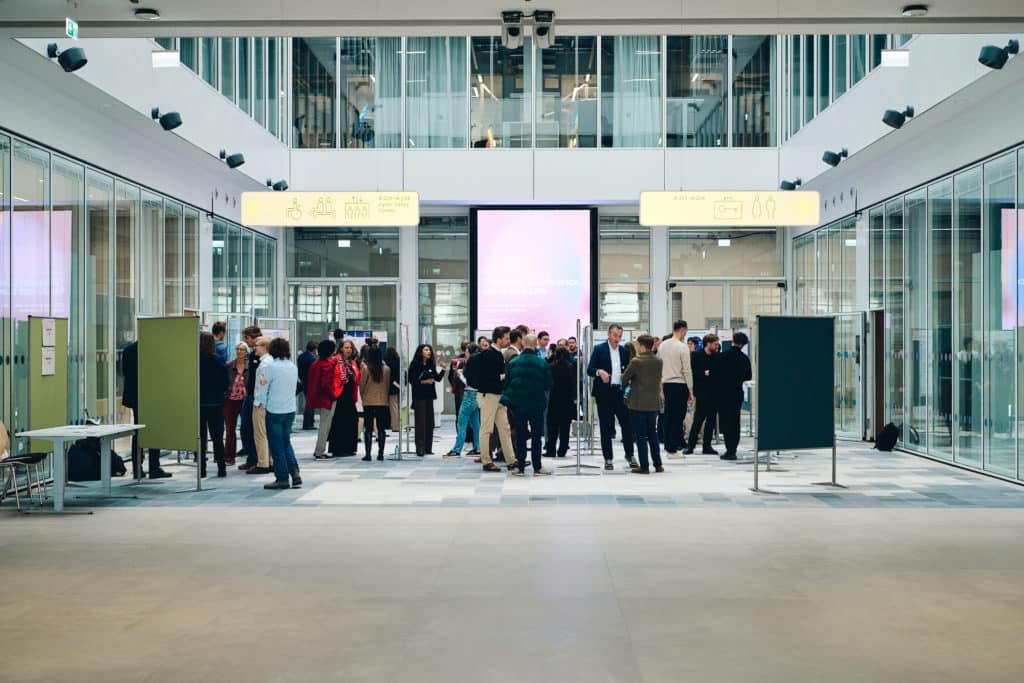
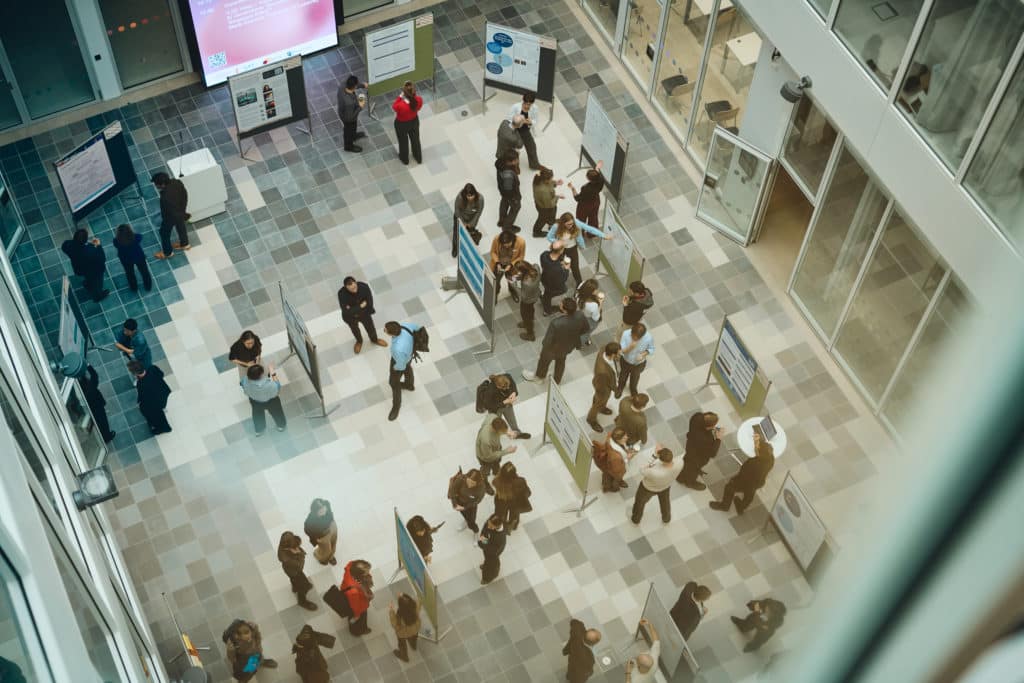
November 5-6 2025 in Tübingen
Tübingen Conference for AI and Law brings together academic researchers from both computer science and law in an interdisciplinary format that fosters exchange and discussions between these two fields. The conference targets an international academic audience who are willing to think beyond the boundaries of their own discipline.
Keynote Speakers
Read biography

Solon Barocas – Microsoft Research / Cornell University
Read biography

Sylvie Delacroix – King’s College London
Read biography

Lilian Edwards – Newcastle University
Read biography
She worked at the University of Strathclyde from 1986–1988 and the University of Edinburgh from 1989 to 2006. She became Chair of Internet Law at the University of Southampton from 2006–2008, and then Professor of Internet Law at the University of Sheffield until late 2010, when she returned to Scotland to become Professor of E-Governance at the University of Strathclyde, while retaining close links with the renamed SCRIPT (AHRC Centre) at the University of Edinburgh. She resigned from that role in 2018 to take up a new Chair in Law, Innovation and Society at Newcastle University. She also has close links with the Oxford Internet Institute.
She is the editor and major author of Law, Policy and the Internet, one of the leading textbooks in the field of Internet law (Hart, 2018). She won the Future of Privacy Forum award in 2019 for best paper (“Slave to the Algorithm” with Michael Veale) and the award for best non-technical paper at FAccT* in 2020, on automated hiring. In 2004 she won the Barbara Wellberry Memorial Prize in 2004 for work on online privacy where she invented the notion of data trusts, a concept which ten years later has been proposed in EU legislation. She is a partner in the Horizon Digital Economy Hub at Nottingham, the lead for the Alan Turing Institute on Law and AI, and a fellow of the Institute for the Future of Work. At Newcastle, she is the theme lead in the data NUCore for the Regulation of Data. She currently holds grants from the AHRC and the Leverhulme Trust. Edwards has consulted for inter alia the EU Commission, the OECD, and WIPO.
Edwards co-chairs GikII, an annual series of international workshops on the intersections between law, technology and popular culture.

Christoph Engel – Max Planck Institute for Research on Collective Goods
Read biography
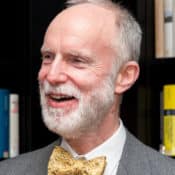
Read biography

Philipp Hacker – European New School of Digital Studies
Read biography

Christoph Kern – Ludwig Maximilian University of Munich
Read biography
Project Director at the Mannheim Centre for European Social Research
(MZES). He received his PhD in social science (Dr. rer. pol.) from the
University of Duisburg-Essen in 2016. Before joining LMU Munich, he was
a Post-Doctoral Researcher at the Professorship for Statistics and
Methodology at the University of Mannheim and Research Assistant
Professor at the Joint Program in Survey Methodology (JPSM) at the
University of Maryland. His work focuses on the reliable use of machine
learning methods and new data sources in social science, survey
research, and algorithmic fairness.
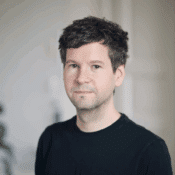
Read biography

Program
Wednesday 5th of November
| 09.00 - 09.30 | Welcome Addresses: Ulrike Luxburg, University of Tübingen and CZS Institute for AI and Law - Prof. Dr. Dr. h.c. (Dōshisha) Karla Pollmann, President of University of Tübingen - Dr. Felix Streiter, Carl-Zeiss-Stiftung - Michèle Finck, University of Tübingen and CZS Institute for AI and Law |
| 09.30 - 10.15 | Keynote - Sylvie Delacroix - King's College London - Designing With Uncertainty: LLM Interfaces as Transitional Spaces for Democratic Revival |
| 10.15 - 10.45 | Coffee Break |
| 10.45 - 11.45 | Contributed Short Presentations |
| Marta Soprana - LSE Ideas - Trade-Relevant Models for AI Governance: “Brussels Effect” vs. “Singapore Effect” | |
| Lyrissa Lidsky, Andrew Daves - University of Florida Levin College of Law - Inevitable Errors: Defamation by Hallucination in AI Reasoning Models | |
| Pierre-Alexandre Murena - Hamburg University of Technology - Legal Co-Pilots: Perspectives and Technical Challenges | |
| 11.45 - 12.30 | Keynote - Solon Barocas - Microsoft Research / Cornell University - Informal Algorithms: On the Use of Generative AI for Decision Making |
| 12.30 - 13.30 | Lunch |
| 13.30 - 14.30 | Contributed Posters |
| Wijnand van Woerkom - Max Planck Institute for Comparative and International Private Law - Applications of a Fortiori Case-Based Reasoning in AI and Law | |
| Sebastian Nagl, Elly Breu, Angelina Greiner, Matthias Grabmair - TUM - BenGER (Benchmark for German Law) System Showcase | |
| Bianca Steffes, Diogo Sasdelli - Saarland University, Universität für Weiterbildung Krems - Negation as a Challenge for Machine Translation From Natural Language Into Logical Formalisms in the Legal Domain | |
| Rabanus Derr, Alina Wernick, Bob Williamson - University of Tübingen and Tübingen AI Center - Being Accurate: The EU AI Act on Accuracy | |
| Vivian Nastl - Max Planck Institute for Intelligent Systems - Extending Legal Databases With LLM Annotations: Opportunities and Challenges | |
| Stefano Tramacere, Mathias Hanson - Scuola Superiore Sant'Anna di Pisa - Beyond the Vacuum: Neither Magic, nor Mathematics! How Techno-Normative Choices Have Critical Implications for Persons Subjected to ML-Driven Decision Systems | |
| Marco Sanchi - University of Pisa, University of Bologna - Towards Explainable Autonomous Vehicles Through the Artificial Intelligence Act | |
| Lukas Arnold - University of Bern, Institute of Public Law, and Columbia University, Department of Computer Science - Regulatory Protection Against AI Discrimination: A Comparison Between the US and the EU | |
| Jan Grenzebach - Federal Institute for Occupational Health and Safety (BAuA) - Fairness Engineering in the Algorithmic Management of Platform Work | |
| Lezel Roddeck - Bucerius Law School - Automation Bias in Education: A Blind Spot in the European AI Act? | |
| Giovanni Zaccaroni - University of Milano-Bicocca - AI, Democracy and the EU Digital Strategic Autonomy | |
| Elif Ildirar - Hamburg University - Digital Watcher or Digital Prosecutor? AI in Child Protection and Its Evidentiary Role in Criminal Procedure | |
| Yangzi Li - National University of Singapore - Human Creativity vs. Machine Intelligence: Reconceptualizing the Copyrightability of AI-Generated Outputs | |
| Daniel Eder - Johannes Kepler University Linz - The AI Act and Bias: Effectiveness and Technical Feasibility of Countermeasures | |
| Pınar Çağlayan Aksoy - Bilkent University Faculty of Law / King's College London Visiting Researcher - Attributing Agency Laws to Machines: Legal Design for the AI-Driven Contract Economy | |
| Tahoora Heydari - University of Helsinki - Defectiveness in the Age of AI: The Challenges and Innovations of Article 7 in the Revised EU Product Liability Directive | |
| Peter R. Slowinski - Adam Mickiewicz University - Legal Protection of Synthetic Data for Artificial Intelligence Training | |
| Eric Günther, Balázs Szabados, Robi Bhattacharjee, Sebastian Bordt, Ulrike von Luxburg - University of Tübingen - Informative Post-Hoc Explanations Only Exist for Simple Functions: Even counterfactual explanations do not comply with the AI Act | |
| Annalena Rotsch - University of Tübingen - Legal Challenges of AI-assisted Grading in Education | |
| Stefan Thomas - University of Tübingen and CZS Institute for AI and Law - Legal and Economic Analysis of Algorithmic Pricing and Platform Pricing | |
| Kristof Meding - University of Tübingen and CZS Institute for AI and Law - The Computational Law Lab | |
| Alina Wernick - University of Tübingen and CZS Institute for AI and Law - Law, AI and Society Group | |
| Alina Wernick - University of Tübingen and CZS Institute for AI and Law - The Law of Biological Computing | |
| Karolin Frohnapfel, Mara Seyfert - University of Tübingen - Communicating the Conflict: Leveraging Predictive Multiplicity for Greater Transparency | |
| 14.30 - 15.15 | Keynote - Lilian Edwards - Newcastle University - ChatGPT, Why Did You Tell Me That? |
| 15.15 - 15.45 | Coffee Break |
| 15.45 - 16.45 | Contributed Short Presentations |
| Vittoria Caponecchia - Sant'Anna School of Advanced Studies - Defining Significant Harm in the AI Act: The Case of Voice-Based Virtual Assistants | |
| Madeleine Waller, Paul Waller, Karen Yeung - King's College London - Can Explainable Artificial Intelligence Methods Satisfy Legal Obligations of Transparency, Reason-Giving, and Legal Justification? | |
| Zachary Cooper - Vrije Universiteit Amsterdam - Dams in the Infinite River: Next-Generation Copyright in Next-Generation Interactive Media | |
| 16.45 - 17.30 | Keynote - Christoph Sorge - Saarland University - Machine Learning and Data Protection – Interdisciplinary Considerations |
| 18.30 - 19.00 | Welcome Drinks at Neckawa (location) |
| 19.00 | Dinner at Neckawa (location) |
Thursday 6th of November
| 09.00 - 09.45 | Keynote - Michal Gal - University of Haifa - Optimal Regulation of Algorithmic Competition |
| 09.45 - 10.30 | Keynote - Christoph Kern - Ludwig Maximilian University of Munich - The Human Factor in AI Pipelines |
| 10.30 - 11.00 | Coffee Break |
| 11.00 - 11.15 | The Computational Law Lab - University of Tübingen and CZS Institute for AI and Law - Kristof Meding; The Law, AI and Society Group - University of Tübingen and CZS Institute for AI and Law - Alina Wernick (CZS Institute Research Groups) |
| 11.15 - 11.55 | Contributed Short Presentations |
| Marilyne Ordekian - University College London - The Application of Large Language Models in Law: A Systematic Interdisciplinary Study of Privacy, Security, and Ethical Risks | |
| Teodora Groza - Sciences Po - AI as Self-Improving Infrastructure | |
| 11.55 - 12.40 | Keynote - Christoph Engel - Max Planck Institute for Research on Collective Goods - Professor GPT: Having a Large Language Model Write a Commentary on Freedom of Assembly |
| 12.40 - 13.30 | Lunch Break |
| 13.30 - 14.15 | Keynote - Rediet Abebe - Harvard University / ELLIS Institute Tübingen / University of Tübingen - Algorithms on Trial: Evaluating AI Evidence in Courts |
| 14.15 - 14.55 | Contributed Short Presentations |
| Alessio Azzutti - University of Glasgow - Artificial Intelligence and Illegal Markets | |
| Anne Lauber-Rönsberg - TU Dresden University of Technology - Inferring How to Generate Outputs: Rethinking the AI System Definition Under the EU AI Act | |
| 14.55 - 15.30 | Coffee Break |
| 15.30 - 16.15 | Keynote - Philipp Hacker - European New School of Digital Studies - Between Hallucinations and Reality: AI Liability Along the Value Chain |
| 16.15 | Closing Notes |
Registration
The Conference registration is now closed.
Where
The conference will take place in Tübingen, a picturesque university town in the south-west of Germany.
The conference venue is
Cyber Valley Research Building
Maria-von-Linden-Str. 1
72076 Tübingen

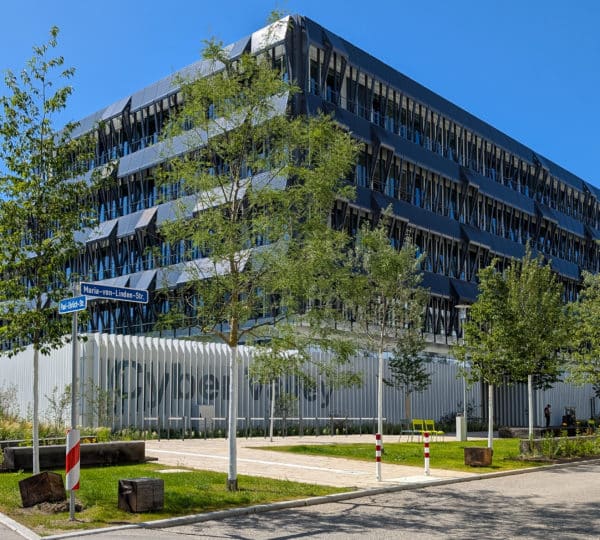
Directions by Public Transport
From central Tübingen, you can reach the conference venue easily by bus:
- From the centrally located bus stops “Hauptbahnhof” (Central Station), “Neckarbrücke,” or “Wilhelmstraße,” take Bus number 3 in the direction of “WHO Ulmenweg.”
- Exit at the stop called “Sternwarte.” The Cyber Valley Research Building is directly in front of the bus stop.
- For Conference Dinner, Neckawa’s address: Wöhrdstraße 25, 72072 Tübingen . Neckawa is at walking distance from the “Neckarbrücke” bus stop and very close to the “Blaubrücke” bus stop.
- Buses run approximately every 15 minutes.
- Tickets can be purchased:
- Directly on the bus.
- At vending machines available at larger bus stops.
- For more details on timetables and ticket options, you can visit the naldo.de website or use public transport apps such as DB Navigator or the Naldo App.
View on Google Maps:
About Tübingen
Tübingen is a leading hub for AI and law research in Europe and beyond. City is home to the:
- CZS Institute for AI and Law
- Tübingen AI Center
- Cluster of Excellence – Machine Learning for Science
- Max Planck Institute for Intelligent Systems
- ELLIS Institute Tübingen
- Department of Computer Science, University of Tübingen
- Faculty of Law, University of Tübingen
These institutions are part of a vibrant research ecosystem that fosters collaboration across law, computer science, and artificial intelligence.
Hotels
Ibis Styles Tübingen (https://all.accor.com/hotel/9841/index.de.shtml)
Koncept Hotel Tübingen (https://www.koncepthotels.com/neue-horizonte-tuebingen/#/booking/search)
Hotel Domizil (https://www.hotel-domizil.com/)
Hotel Krone (https://www.krone-tuebingen.de/de/)
Organizing Team
This conference is funded by the Carl-Zeiss-Stiftung and the Cluster of Excellence “Machine Learning: New Perspectives for Science.”
